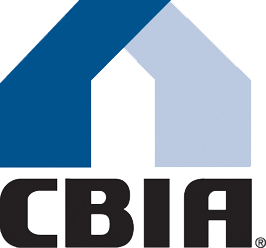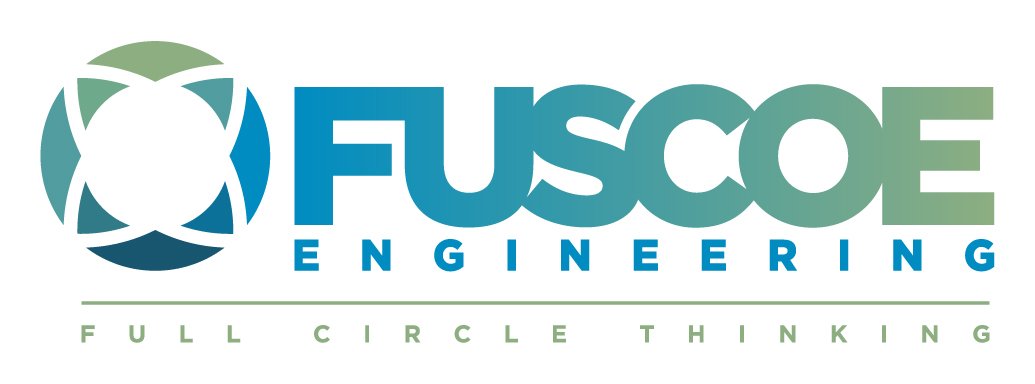Photo by Steven Ungermann on Unsplash
by Phillip B. Burum, DR Horton,
President, Building Industry Association (BIA) Baldy View Chapter
One of the most important and often underappreciated benefits of homeownership is Residential or Homeowners Insurance. A product available exclusively to homeowners, Homeowner Insurance policies provide financial protection against disasters by protecting the house and the homeowner’s family and their possessions. It covers both damage to the owner’s property and their liability or legal responsibility for any injuries and property damage they or their family cause to other people and covers damage caused by household pets.
Because most homeowners tend to regard buying Homeowners Insurance as a perfunctory element of the homebuying process, they overlook the many protections included with these policies. Understanding the offered coverage and exploring other options can be as important to the financial aspect of investing in homeownership as deciding on a lender.
The first step homeowners will want to take in ensuring they have the best possible coverage is to sit down with their current insurer and discuss bundling residential insurance with any existing life, auto, or other policies they might already have. Some insurance companies will offer discounts for having multiple policies in a portfolio or offer special discounts for long-term policyholders. Bundling all of one’s policies with a single insurer encourages insurance companies to look more favorably on a client in the event of a claim.
When seeking out additional candidate insurers, homeowners should check with friends, business associates and neighbors as well as their local Chamber of Commerce. The California Department of Insurance (CDI) offers a wealth of information, information guides, tips and tools regarding Homeowners coverage at its www.insurance.ca.gov website. In addition, the CDI offers a consumer hotline staffed by insurance experts at 1-800-927-4357 and online.
The potential coverage options and terms are widely varied and will affect the cost of the policy. Homeowners can save on the cost of a policy, for example, by agreeing to pay a higher deductible - the amount of money paid toward a loss before the insurance company starts to pay a claim. Insurance agents may also advise on steps that can be taken to make the home more resistant to natural disasters. One such common suggestion for owners of older homes may include retrofitting the home. Retrofitting may take the form of structural enhancement, like replacing roof tiles or windows, or may be limited to updating heating, plumbing and electrical systems. These changes will typically save money on insurance premiums but can also reduce monthly energy consumption costs.
A whole home overhaul is not always necessary or even advisable, but every individual should consider the costs versus benefit when evaluating a new policy, especially when acquiring an older home. In some cases, substantial savings can be had by making small changes like adding smoke detectors, burglar alarms or deadbolt locks.
Because the homeowner’s possessions are also covered by their policy, the limits in the policy and the value of possessions should be carefully assessed. Many products lose value over time, while others such as artwork, antique furniture or vintage musical instruments can increase in value, so homeowners should request a list of qualified appraisers from their insurer.
Homebuyers purchasing an existing home should request a C.L.U.E. (Comprehensive Loss Underwriting Exchange) Report. These reports contain the insurance claim history of the property for the previous seven years and can help homeowners judge some of the problems the house may or will have. C.L.U.E. reports on claims for about 30 kinds of losses, from wind damage to dog bites. Visit www.LexisNexus.com and search for C.L.U.E. Home Seller's Disclosure Report. Homeowners can request a free C.L.U.E. report online while homebuyers should request one from the home seller.
Flood insurance and earthquake damage are not covered by a standard homeowners policy. The Federal Emergency Management Agency at www.fema.gov provides useful information on flood insurance as does the California Department of Insurance at www.insurance.ca.gov/01-consumers. A separate earthquake policy is available from most insurance companies.
As with all insurance policies, homeowners should adhere to one rule: cut costs but don’t cut corners. It is important to ensure you are getting the best coverage possible. Remember, purchasing a home is the biggest and best investment most Americans will ever make. Protect the investment with proper insurance coverage from a reputable insurance company.
The BIA Baldy View Chapter seeks to advance the opportunity to attain the American Dream of home ownership. For additional information on homebuying, home improvements or the benefits of homeownership, go to www.biabuild.com on the web.
*****

















